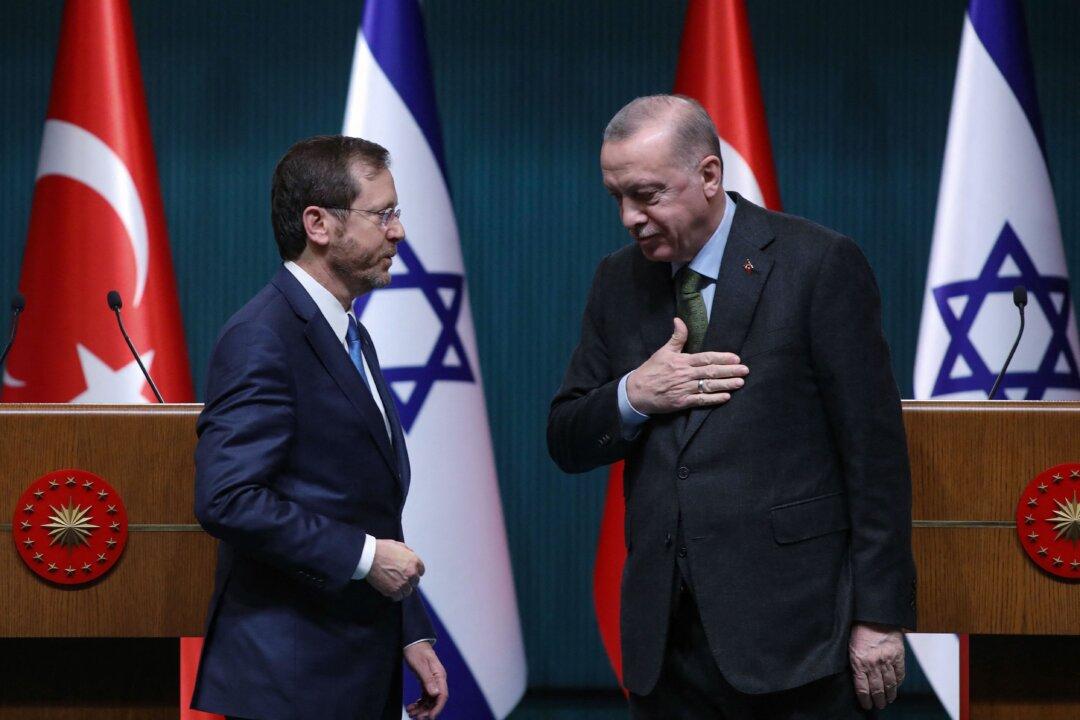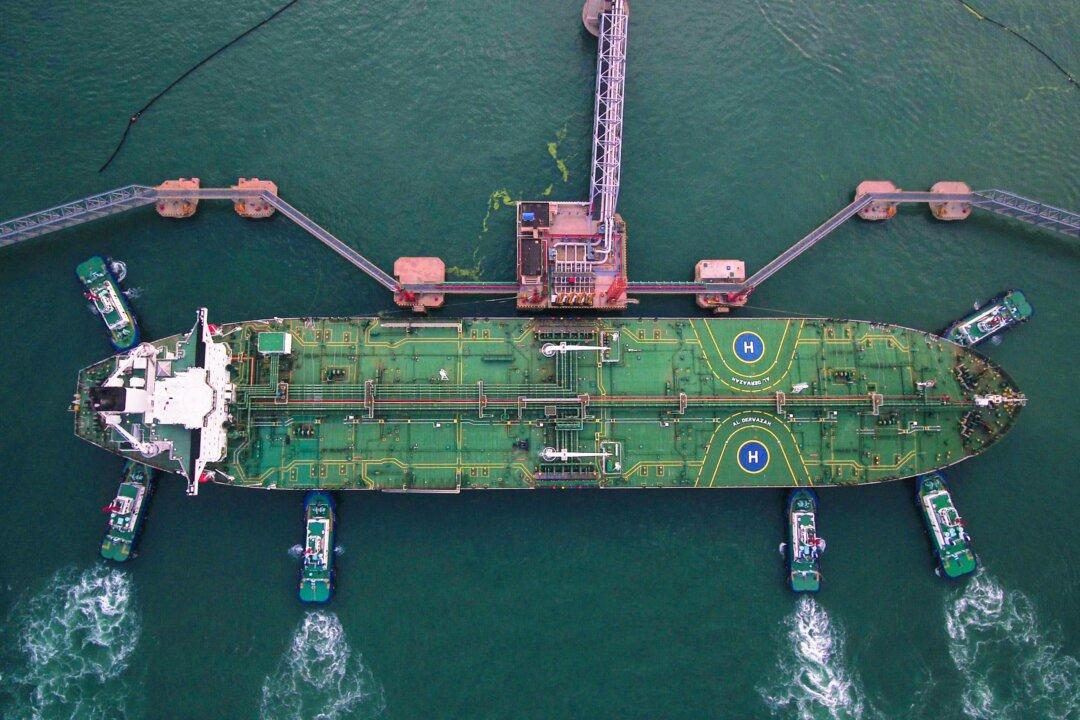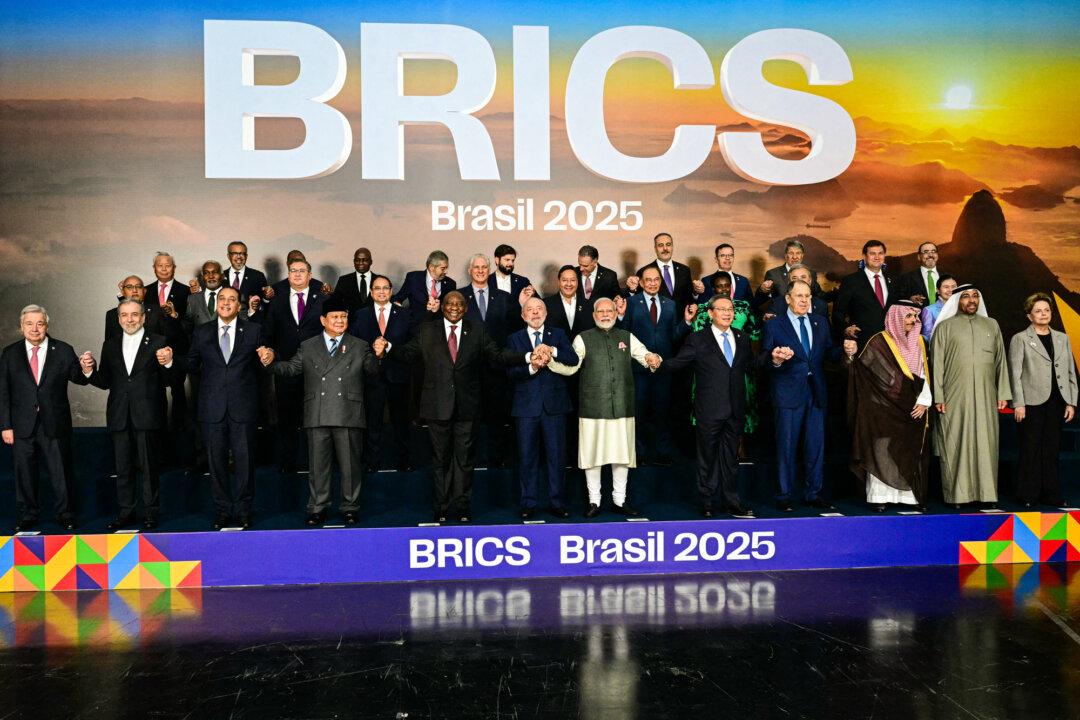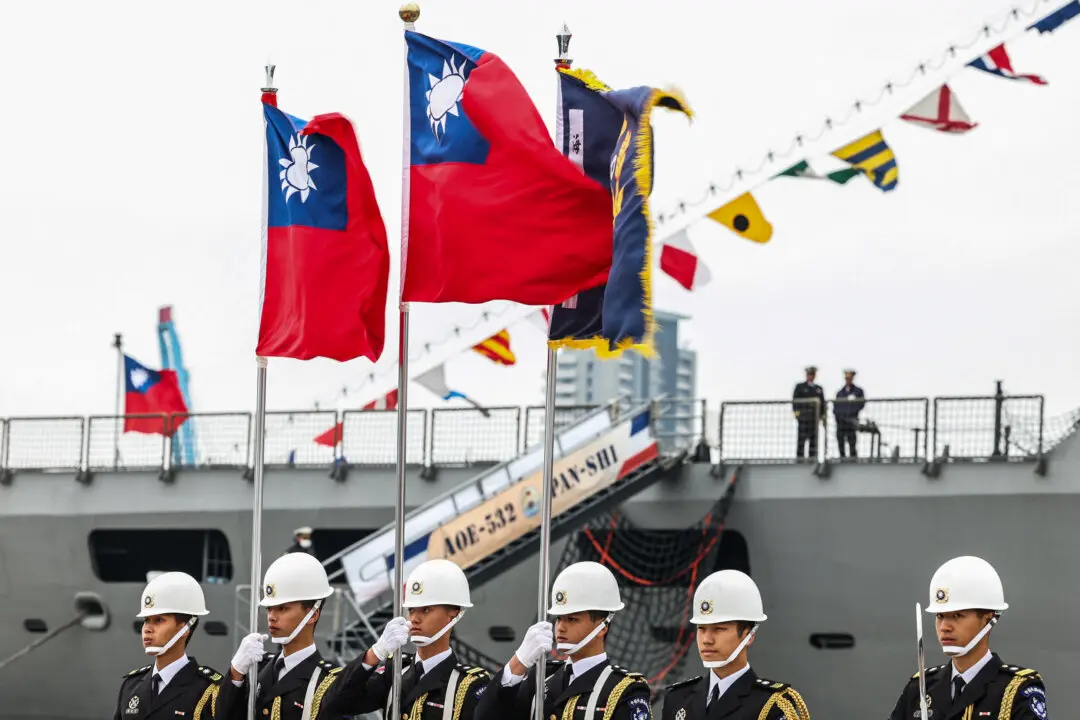Commentary
Turkey is the bridge that links Europe to Asia. It’s a longstanding member of NATO and has, for decades, unsuccessfully lobbied the European Union for full EU membership in that body. But the EU has never allowed Turkey full membership. Moreover, with its support of Hamas in the war against Israel, Turkey is burning its bridges to the West.





